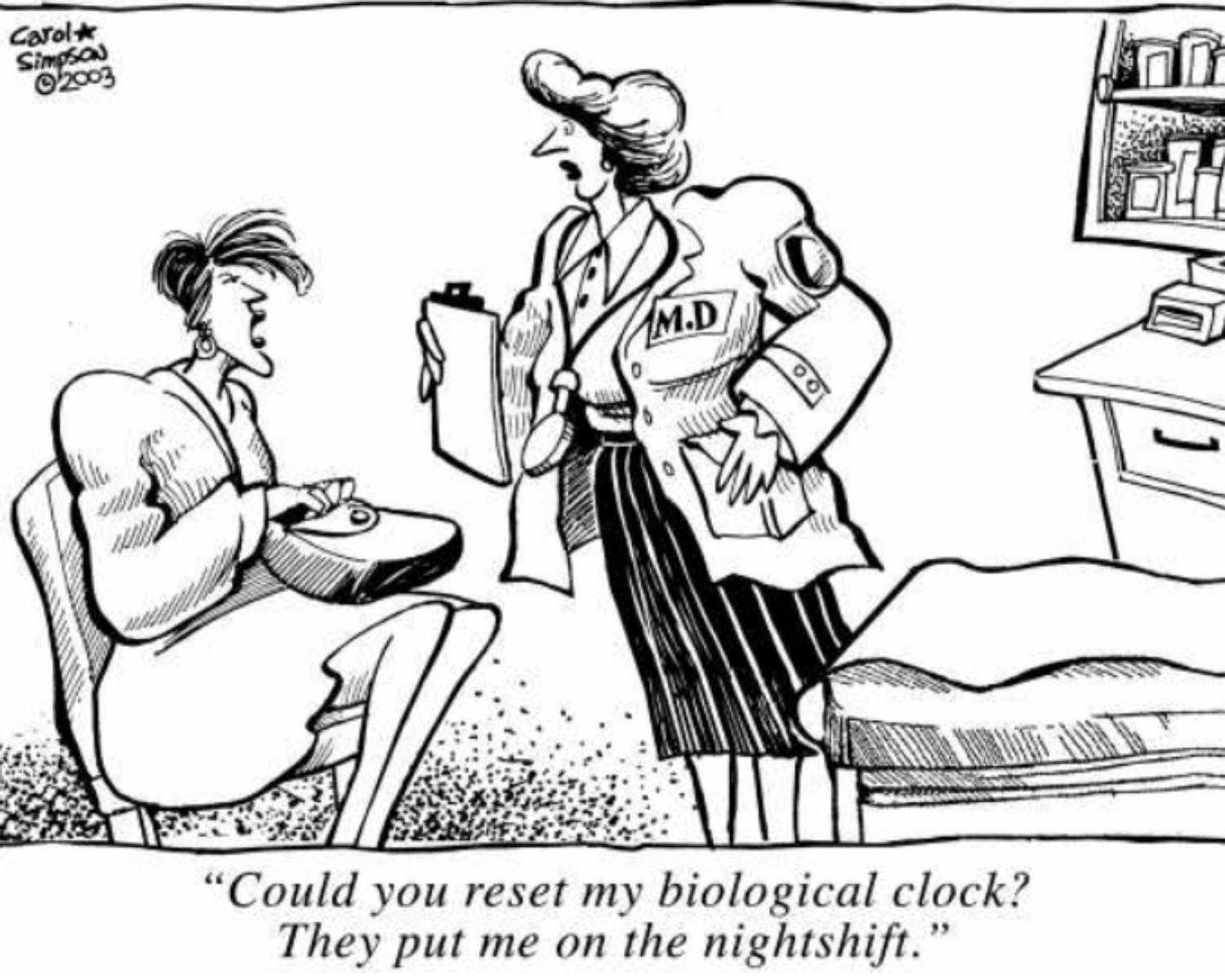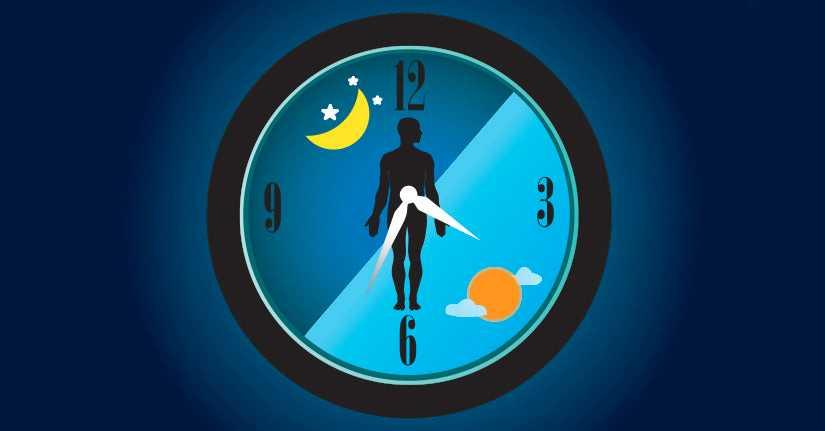Biological Clocks
Endogenous rhythms exist because the body has biological clocks that keep time. Biological clocks can be adjusted by environmental cues, such as changes in temperature.
In humans, the Suprachiasmatic Nucleus (SCN) is the main biological clock that regulates circadian rhythms of sleep. The SCN lies in the brain’s hypothalamus. When light stimulates receptors in the retina of the eye, the receptors send signals to the SCN. The SCN then sends signals to the nearby Pineal Gland, which secretes Melatonin, a hormone that regulates the sleep cycle.
116
323 reads
The idea is part of this collection:
Learn more about health with this collection
How to choose the right music for different tasks
The benefits of listening to music while working
How music affects productivity
Related collections
Similar ideas to Biological Clocks
Our Internal Biological Clock
- If we want to get more out of each day, we might need to consider synchronizing with our own internal body clock, working according to our peak periods of creativity, energy and activity.
- Our biological clock controls most of our body’s functions...
Our Natural Internal Thermostat
Our mental alertness, mood, stress, hunger levels, heart mechanism, and immunity are controlled by the various rhythms synced to the thermostat-like biological clock in our body.
Circadian rhythms control our eating habits, body temperature, digestion, hormone leve...
Speeding up the adjustment
Generally, the best way to fool your biological clock is to shift your internal rhythms before the flight.
- Restrict light exposure to specific times.
- Restrict rest and meals.
- Adjust activities such as walking and running to specific times.
- Use melatonin - the ho...
Read & Learn
20x Faster
without
deepstash
with
deepstash
with
deepstash
Personalized microlearning
—
100+ Learning Journeys
—
Access to 200,000+ ideas
—
Access to the mobile app
—
Unlimited idea saving
—
—
Unlimited history
—
—
Unlimited listening to ideas
—
—
Downloading & offline access
—
—
Supercharge your mind with one idea per day
Enter your email and spend 1 minute every day to learn something new.
I agree to receive email updates

